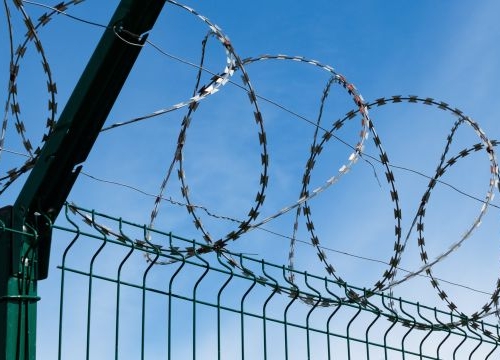From Rhetoric to Action: Putting Human Rights at the Centre of the Fight against Terrorism
Event


Adobe
The new United Nations (UN) Special Rapporteur on the promotion and protection of human rights and fundamental freedoms while countering terrorism, Ben Saul, commenced in November 2023. On 11 March 2024, he will present his first report to the 55th session of the UN Human Rights Council, outlining his vision and priorities for the next three years.
The Special Rapporteur’s report highlights how many of the human rights violations identified by his predecessors over two decades have not only not been remedied but have worsened. Excessive counter-terrorism laws and practices persist worldwide, including vague definitions and criminal offences of terrorism and violent extremism; arbitrary detention and unfair trial; extra-judicial killings; abuse of counter-terrorism financing laws; frequent resort to unlawful military violence. Meanwhile, there continues to be a general failure to address the conditions conducive to terrorism.
Accordingly, the Special Rapporteur will continue the vital work of his predecessor on topics including the misuse of counter-terrorism law against civil society, arbitrary detention and repatriation of detainees from North-East Syria, indefinite detention at Guantanamo Bay, victims of terrorism, and the respect for human rights by the UN itself. Additionally, new themes for future reports include assessing the human rights compliance in counter-terrorism by regional organizations, non-state actors, and international civil aviation and maritime bodies; in the use of national administrative measures; and in redressing past violations through accountability and reparation.
Today, and more than ever, it is crucial to halt the relentless and expanding rights violations in the name of countering terrorism and to question the assumption that more law equals less terrorism. His report is a call for States to redouble their efforts and that they move from rhetoric to action in putting human rights at the centre of counter-terrorism.
This side event on the margins of the 55th Session of the UN Human Rights Council offers a unique opportunity for all stakeholders to discuss the Special Rapporteur's vision of the mandate, identify existing gaps and emerging challenges in counter-terrorism and explore new avenues of collaboration.
Moderation
- Cyprien Fluzin, PhD Researcher in international law, Geneva Graduate Institute and Researcher, Bulan Institute for Peace Innovations
- Erica Harper, Head of Research and Policy Studies, Geneva Academy
Panelist
- Ben Saul, UN Special Rapporteur on Counter-Terrorism and Human Rights
Disclaimer
This event may be filmed, recorded and/or photographed on behalf of the Geneva Academy. The Geneva Academy may use these recordings and photographs for internal and external communications for information, teaching and research purposes, and/or promotion and illustration through its various media channels (website, social media, newsletters, annual report, etc.).
By participating in this event, you are agreeing to the possibility of appearing in the aforementioned films, recordings and photographs, and their subsequent use by the Geneva Academy.









